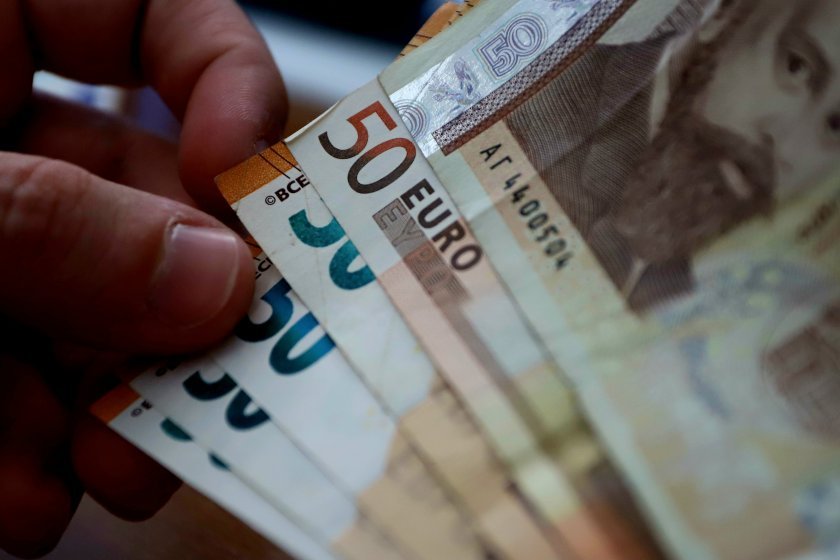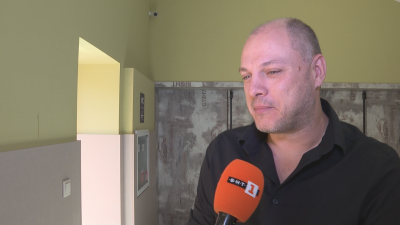Bulgaria is in talks for the introduction of the euro as a parallel currency

Bulgaria is in talks with the European Commission (EC) and the European Central Bank (ECB) for the introduction of the euro as a parallel currency in the country, Finance Minister Assen Vassilev said on June 28.
What does this mean?
That until Bulgaria joins the euro area we will be able to choose, for example, whether to receive our salaries in euros or in levs (BGN). Individuals will be able to choose one of the two currencies to carry out transactions.
For the time being, the prospect of Bulgaria entering the euro area is the beginning of 2025. The country is lagging behind because of the non-fulfilment of the inflation criterion and delayed adoption of the special legislation.
The euro and the lev are to be used as parallel currency for payments by citizens.
"At the moment, transactions to individuals, for example final sales, salaries, are by law done only in BGN. Let's have all the talks with the ECB and the EC and if there is a change on the euro plan, it will be commented in due course," said Assen Vassilev, Minister of Finance.
The trade unions insist that everything be coordinated with the ECB and the European Commission.
"For sure there will be some kind of turmoil, but whether it will be now or later we cannot escape it, but that is the risk if we do it arbitrarily," said Dimitar Manolov, president of Podkrepa trade union.
Businesses are positive about the euro, but are awaiting talks with the finance ministry.
"All actions taken in relation to the faster introduction of the euro in Bulgaria are supported by the business. It is good that talks are being held with the ECB, but these talks should also be held with the Bulgarian business, as there are a number of problems in relation to the organisation of production processes, business software and even fiscal devices. It is not clear if it can work in a way that it can accept payments in two currencies at the same time. If you go to the shops, will you be able to pay with BGN 10 and EUR 5 at the same time?" said Stanislav Popdonchev, deputy chairman and chief financial officer at the Bulgarian Indistrial Association.
"The advantages outweigh the disadvantages, because we will have easier access to loans, lower interest rates on them, the transaction costs on the transactions themselves, we know that more than half of Bulgaria's trade is in the EU," said Tsvetan Simeonov, rotating chairman of the Association of the Organizations of Bulgarian Employers (AOBE) for 2023 and president of the Bulgarian Chamber of Commerce and Industry.
Employers expect at least six months of preparation before the changes are introduced. Bulgaria meets the criteria for low debt and budget deficit, but does not yet meet the inflation rate requirement, the finance minister explained.
Get the latest news wherever you are!
Follow us on
Facebook
and
Instagram
Follow BNT’s YouTube channel
You can now also watch us on
TikTok
Find us on
Google News























